Smart Mobility and Integrated Transport Strategy for Greater Doha

Client
A major Qatari transport authority engaged Eurogroup Consulting to design a Smart Mobility and Integrated Transport Strategy aimed at improving public transport efficiency, reducing road congestion, and promoting sustainable mobility solutions across Greater Doha. The project sought to align with Qatar National Vision 2030 goals for livable cities, environmental sustainability, and efficient urban infrastructure.
Issues
Qatar’s rapid urbanization and rising private car ownership have led to increased congestion and declining public transport utilization. Despite major investments in Doha Metro, Lusail Tram, and road infrastructure, challenges remained:
- Limited first- and last-mile connectivity to metro and bus networks.
- Inconsistent service coordination among transport modes.
- Growing emissions and congestion in high-density zones.
- Underutilization of smart transport technologies and data analytics.
The client required a comprehensive roadmap to enhance mobility integration, improve accessibility, and foster a shift toward efficient and sustainable transport options.
Solution
Eurogroup Consulting developed a Smart Mobility and Integrated Transport Strategy that combined digital innovation, multimodal planning, and policy enhancement. The solution focused on optimizing existing infrastructure while introducing new technologies and operational frameworks to improve user experience and environmental performance.
Approach
Our engagement began with a system-wide assessment of Doha’s transport ecosystem, analyzing mobility patterns, traffic density, and user behavior through data from smart sensors, GPS devices, and passenger surveys. Based on this analysis, we created a phased implementation roadmap comprising:
- Network Optimization: Rationalization of bus routes and synchronization of schedules with metro and tram operations.
- Digital Mobility Tools: Deployment of an integrated Mobility-as-a-Service (MaaS) platform to provide real-time route, fare, and service information to passengers.
- Sustainable Transport Pilots: Introduction of electric buses, e-scooters, and bike-sharing programs in key residential and business districts.
- Smart Traffic Management: Implementation of AI-based traffic control systems to improve flow and reduce congestion at critical intersections.
- Policy and Regulatory Reform: Recommendations for parking management, low-emission zones, and incentives for public transport usage.
- Public-Private Partnerships: Engagement with mobility service providers and technology firms to co-develop and operate smart mobility solutions.
Recommendations:
We advised the creation of a Doha Mobility Coordination Center (DMCC) to centralize data management, oversee multimodal integration, and monitor key mobility performance indicators. We also recommended the introduction of open data policies to encourage innovation among local startups and technology developers in the transport sector.
Engagement ROI
The strategy delivered tangible improvements to Doha’s transport ecosystem, achieving an 18% increase in public transport ridership through optimized route coordination and service synchronization. Average travel times on major corridors fell by 12% thanks to AI-enabled traffic management, while operational efficiency improved by 15% through real-time monitoring systems. Early adoption of e-mobility pilots positioned Doha as a regional pioneer in smart and sustainable transportation, advancing Qatar’s long-term objectives for livable, connected, and environmentally responsible cities under Vision 2030.

